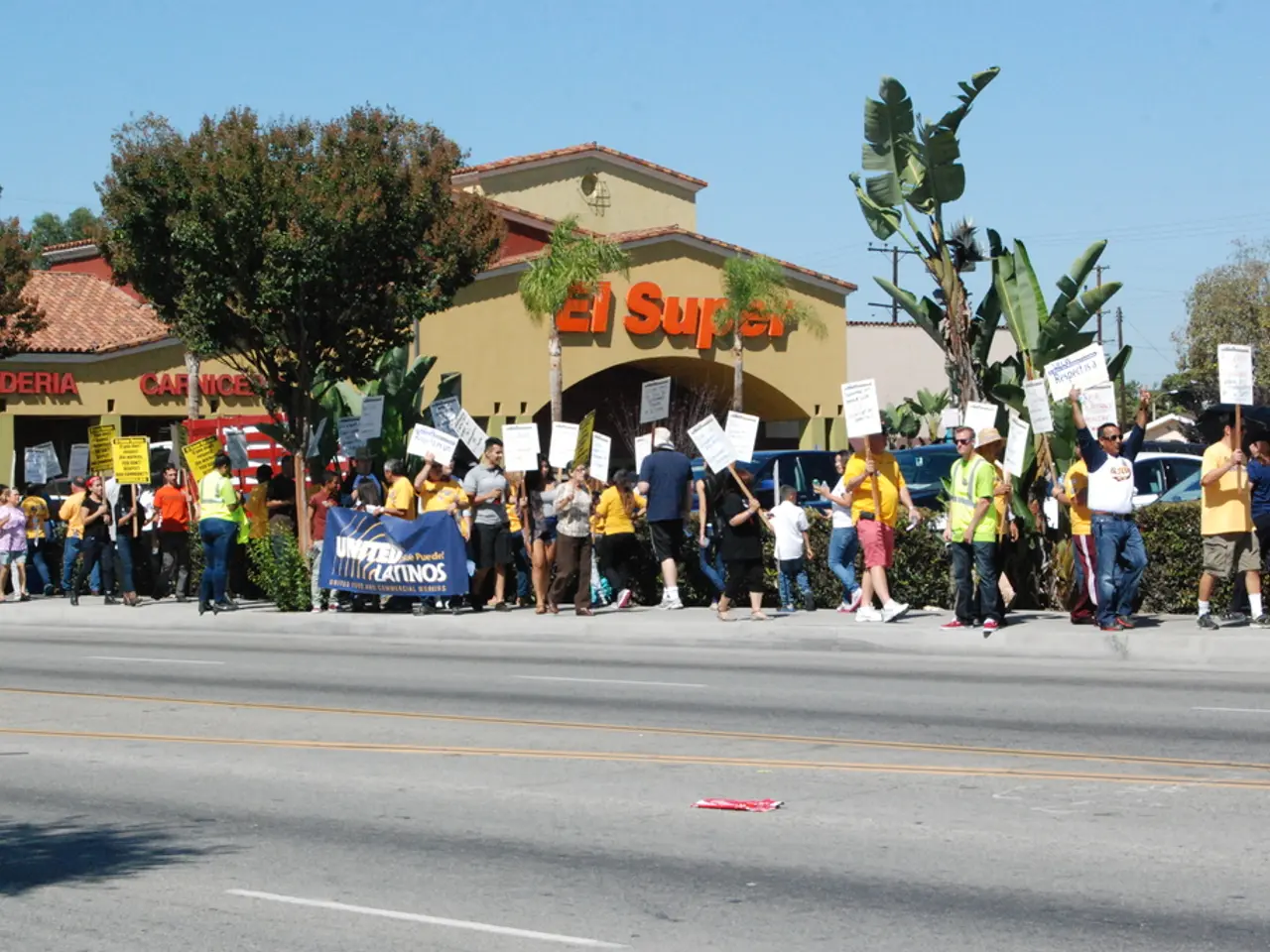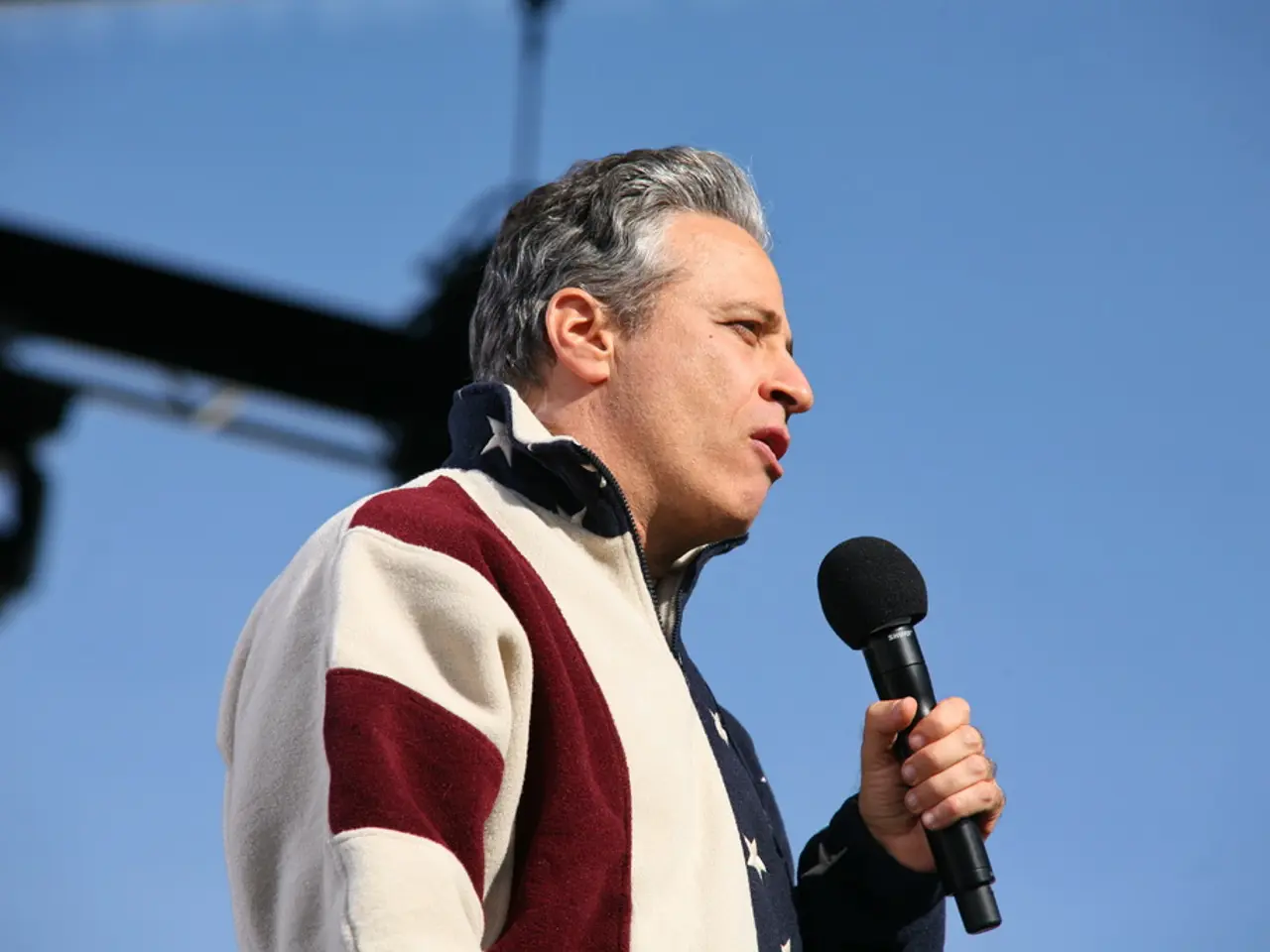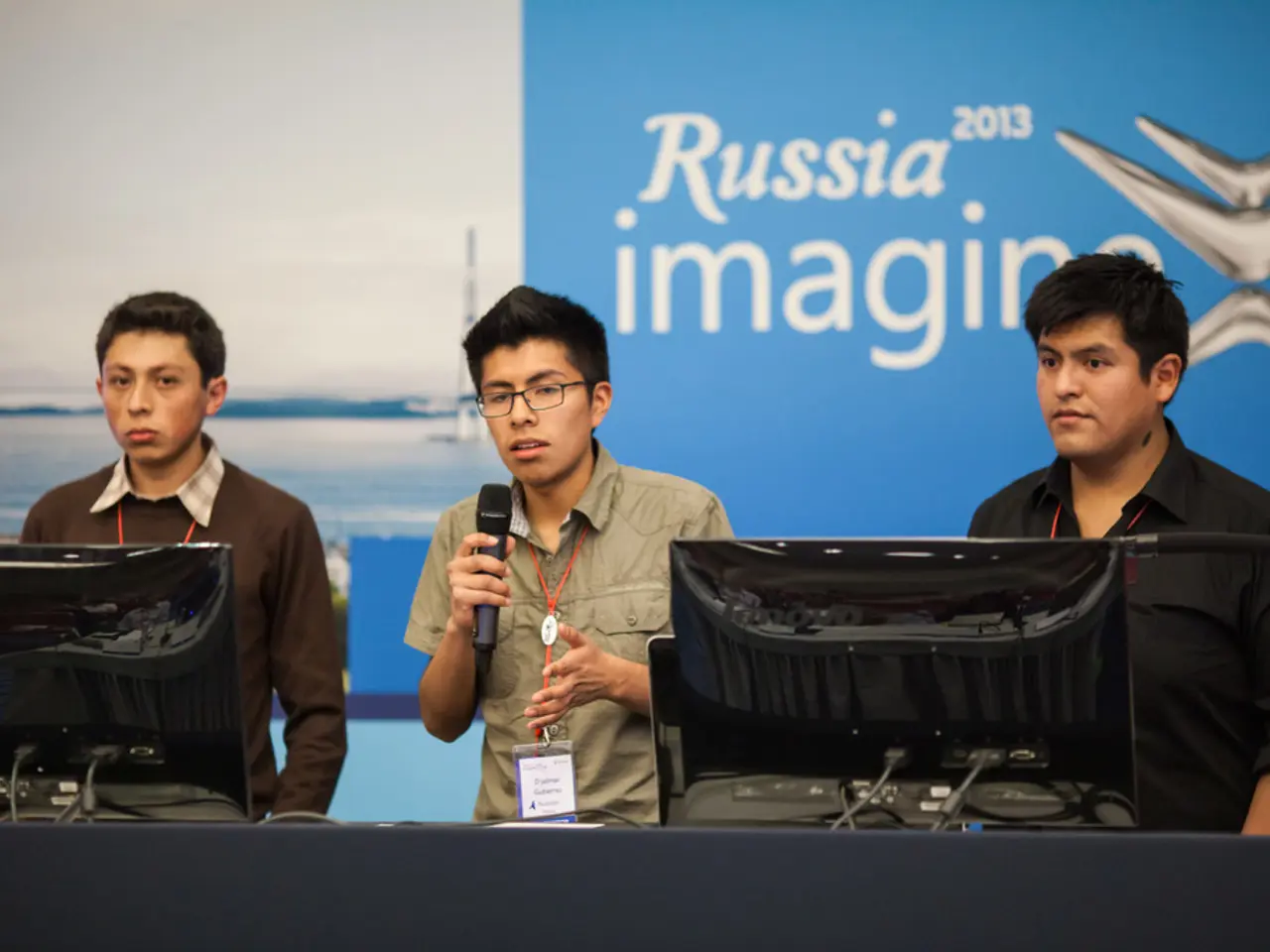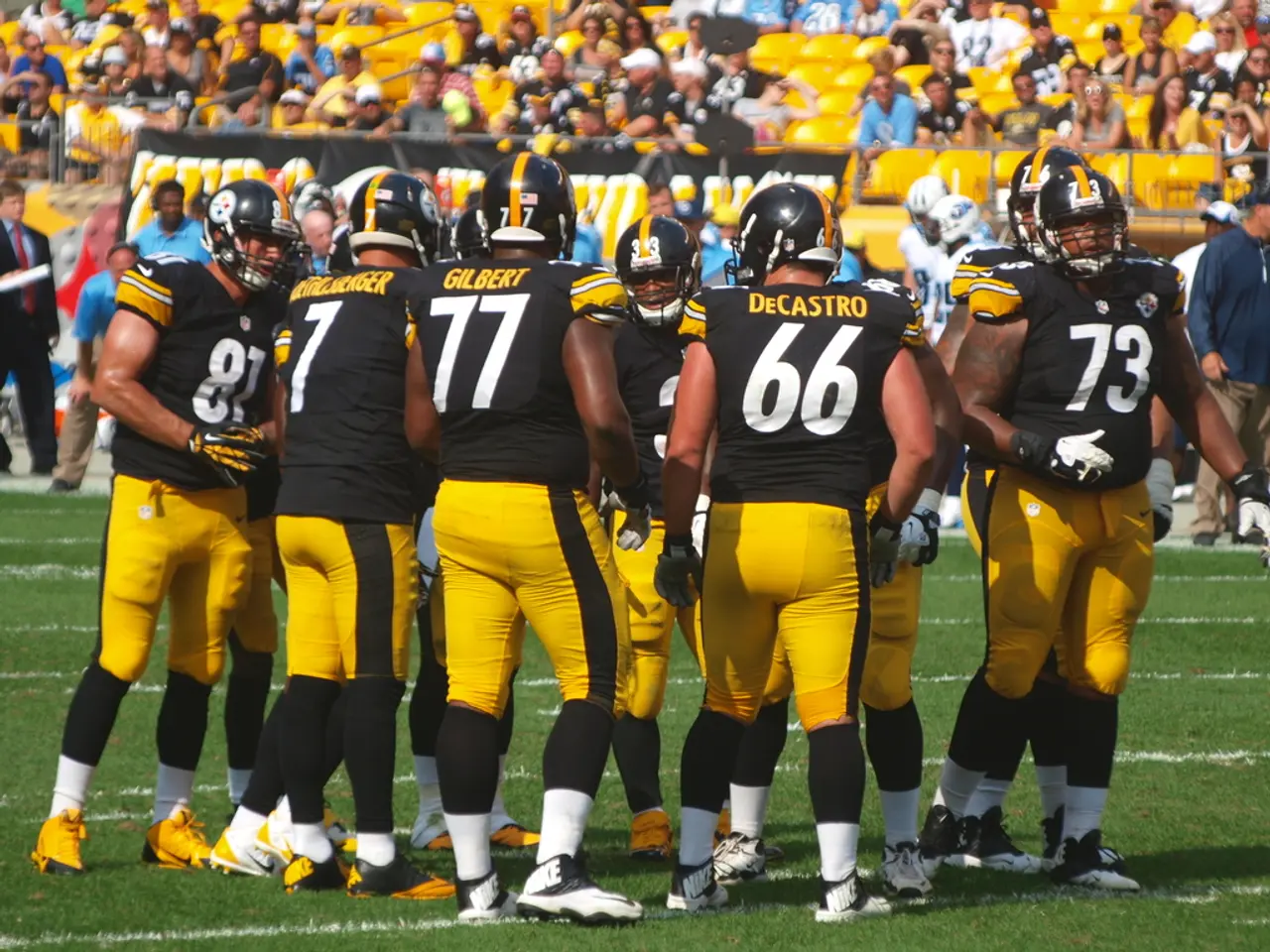Violence in Syria results in the tragic loss of 360 lives, according to activists' reports
In the southern Syrian province of Suwaida, a religious minority stronghold for the Druze, the fragile ceasefire that was recently negotiated has failed to hold. The agreement, which aimed to end the ongoing violence, was supposed to result in the withdrawal of Syrian army forces from Suwaida. However, clashes resumed shortly after the withdrawal, with reports of heavy street fighting and exchanges of fire in densely populated areas [1][2][3].
The Druze, who emerged from Shiite Islam and predominantly reside in Syria but also in Israel, Lebanon, and Jordan, have been under threat in Suwaida. Israel, which feels a duty to protect the Druze due to many of them serving in the Israeli military, intervened to protect the minority, with the Israeli Air Force bombing targets in Damascus, including the defense ministry compound and a target near the presidential palace [1].
The Syrian Observatory for Human Rights reports that the death toll since the violence began over the weekend in southern Syria has risen to 360 [1]. The organisation also reports that 15 members of the Syrian defense and interior ministries were killed in the Israeli air strikes [1].
The Syrian government sent troops and other security forces to Suwaida, claiming to provide stability and protect civilians. However, according to the Syrian Observatory for Human Rights, they were fighting alongside Sunni Bedouins against Druze militias [1].
The ceasefire conditions, as published by Druze spiritual leader Jusuf al-Jarbu, included the integration of Suwaida into state structures and Damascus gaining control over the entire province [1]. Hikmat al-Hijri, another Druze spiritual leader, contradicted statements that a ceasefire had been agreed upon and called on fighters to continue resisting in Suwaida [1]. Al-Hijri stated that there were no negotiations and no agreement with "armed gangs who call themselves the government" [1].
US Secretary of State Marco Rubio has said that the US has spoken to all parties involved in the conflict and agreed on "concrete steps" to end the violence in Syria [1]. UN Secretary-General António Guterres called for an end to the fighting in southern Syria and condemned all violence against civilians and acts that escalate sectarian tensions [1]. Guterres also condemned Israel's attacks in neighbouring Syria and called for an immediate end to all violations of Syrian sovereignty [1].
As the situation in Suwaida remains volatile, residents describe the ongoing violence as a "nightmare". The ceasefire, while initially agreed upon, appears to have effectively collapsed, with clashes continuing between Druze factions and Bedouin fighters [3].
[1] The Guardian, "Syrian ceasefire collapses as fighting resumes in Druze heartland", 26th August 2021, [https://www.theguardian.com/world/2021/aug/26/syrian-ceasefire-collapses-as-fighting-resumes-in-druze-heartland]
[2] Reuters, "Israeli air strikes kill 15 in Syria's Damascus, Syrian state media says", 25th August 2021, [https://www.reuters.com/world/middle-east/israeli-air-strikes-kill-15-syrias-damascus-syrian-state-media-2021-08-25/]
[3] Al Jazeera, "Syria: Violence escalates in Suwayda after Druze leader rejects ceasefire", 26th August 2021, [https://www.aljazeera.com/news/2021/8/26/syria-violence-escalates-in-suwayda-after-druze-leader-rejects-ceasefire]
The violence in Syria's Druze heartland, Suwaida, has escalated, despite a recently published ceasefire agreement. Clashes are ongoing between Druze factions and Bedouin fighters, and the ceasefire appears to have collapsed.
The escalating violence in Suwaida is part of a larger context of war-and-conflicts, politics, general-news, and crime-and-justice that continues to plague the region, with international organizations, including the UN, condemning acts that ignite sectarian tensions and violate Syrian sovereignty.








